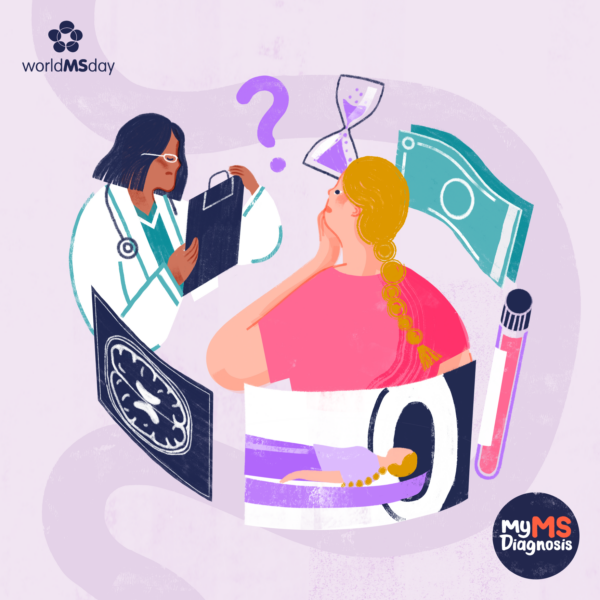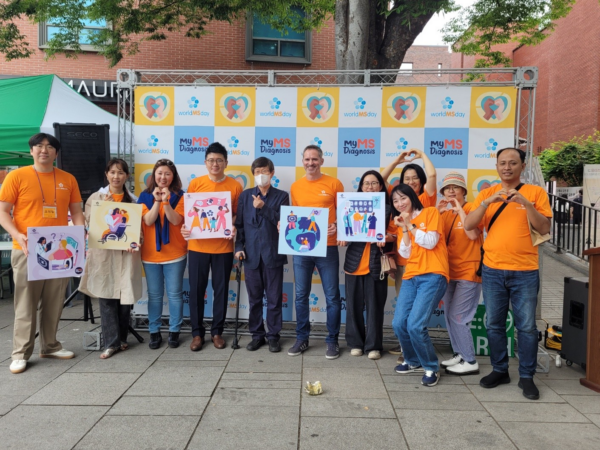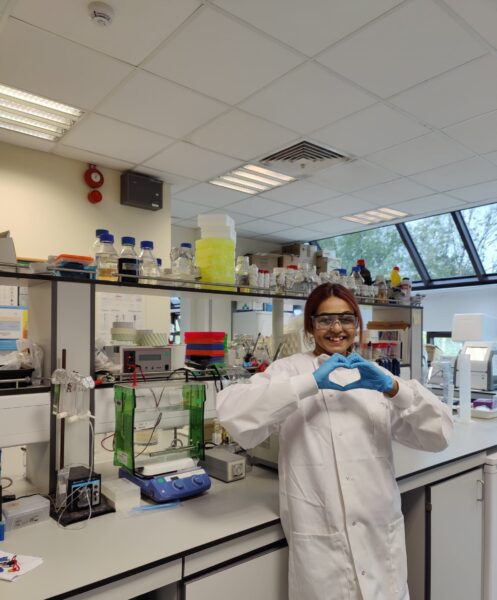All about access
Access
Our campaign theme for 2015 is access: access to diagnosis, treatment and support; access to buildings, travel and leisure facilities; and access to education, training and employment.
What does access mean?
When we talk about equality of access for people with MS we mean access to a social, political and economic life. Equality of access doesn’t just mean physical access to buildings, but access to the same tools, services and facilities that people who do not have MS enjoy.
Why access?
The barriers to access faced by people with MS vary depending on where they are and what their symptoms are. We would like to reflect this variety by sharing different people’s experiences of access barriers around the world. We hope this will help people understand the complex nature of MS and help unite the global MS movement.
Examples of access issues
- Facilities
There’s only one MRI scanner in your country and it’s a 10 hour drive away. - Treatment
A treatment is available for your condition but it’s too expensive. - Medicine
The medicine you need isn’t available in your country, even though it is in other places. - Social life
When you meet new people it’s hard to decide how to tell them about your MS. - Family life
You worry that your partner will leave you when your MS symptoms become less manageable. - Jobs
You want to work but your boss doesn’t understand MS or how to help you. - Relationships
Because of your MS you worry about finding a partner who will understand you. - Public transport
The buses in your area don’t have ramps or spaces for wheelchairs. - Children
You worry that your children will lose out on opportunities because they’re caring for you. - Work
Disability legislation in your country doesn’t include MS. - Understanding
Your children don’t understand why some days you can’t run around the park with them. - Buildings
Your have to go up a flight of stairs to see your local doctor and there’s no lift. - Information
You’ve been diagnosed with MS but you have no information about treatment or support in your own language. - Specialist doctors
There’s a shortage of neurologists in your area, you have to wait six months to see one. - Getting around
There are days when you can’t walk without help, but your government doesn’t give walking aids away and you can’t afford to buy one. - Education
You want to go to college but you don’t think you can work while you study to support yourself.
This year we’ll be sharing stories about the many different ways people and organisations around the world are working together to improve access and break down the barriers to living with MS. You may have noticed that the animals on the site represent the different ways that we as humans work together to look after one another.
To be the first to get updated sign up to the newsletter, or follow us on Twitter or Facebook.
Related news
The My MS Diagnosis campaign has been extended to 2026 to align World MS Day with important global initiatives on…

World MS Day 2024 was a year to remember! The MS movement took action across the world for the first…

The MS Heart is a symbol of solidarity for everyone affected by MS. This year MSIF ran the MS Heart…
